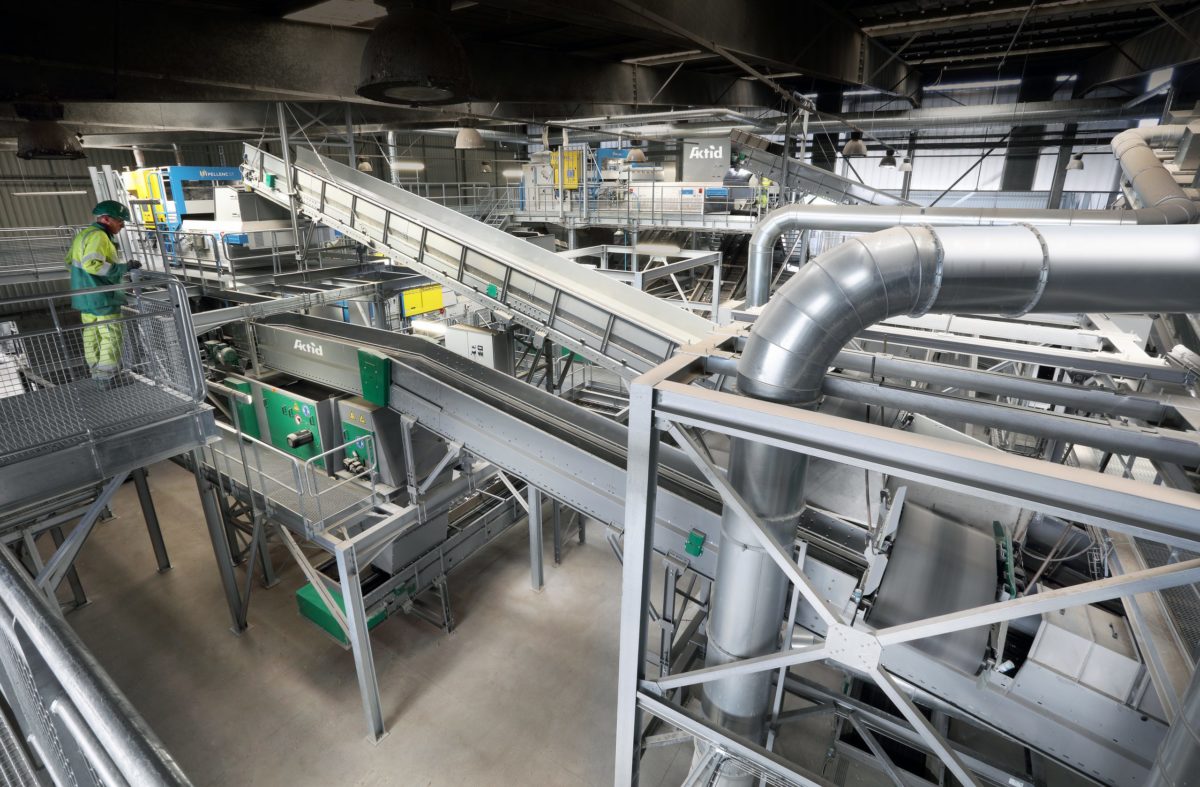Municipal solid waste (MSW) is a resource
Municipal Solid Waste (MSW) is the everyday waste that could not be sorted into the various selective sorting bins (yellow bin, glass, compost), such as food scraps, personal hygiene and cleaning products, and small plastic objects. MSW also includes waste that has not been properly sorted, such as fermentable or organic waste (food waste, grass cuttings, wood, etc.) and recyclable household packaging.
Today, most of this type of Municipal Solid Waste (MSW) deposited in grey bins is buried or incinerated. The gradual reduction in capacity and the rising cost of burying waste makes this method of waste processing unviable in the long term.
Residual Municipal Solid Waste (MSW) sorting centres can extract recoverable waste such as certain plastics and metals. The remaining non-hazardous dry waste is processed into solid recovered fuel (SRF). This SRF is a local energy source and an efficient alternative to the use of fossil fuels in cement works or industrial heating plants, and sometimes even in district heating networks.





